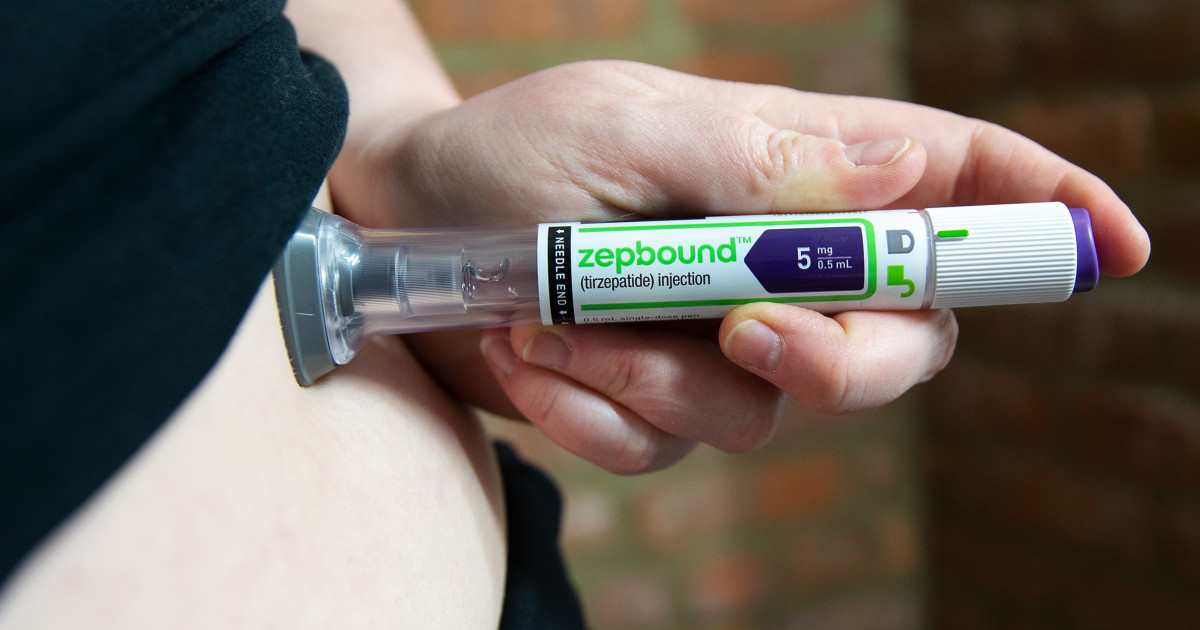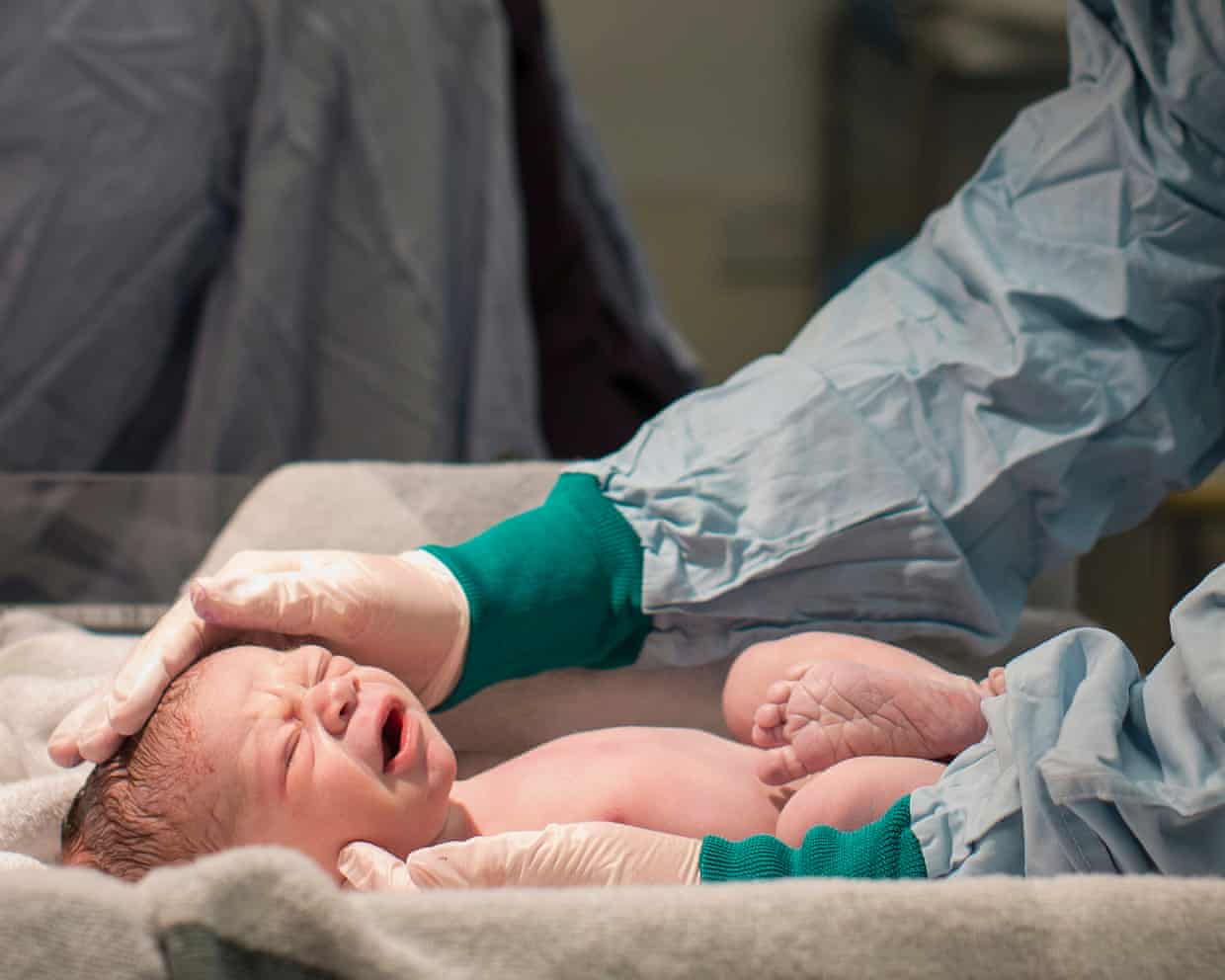HMRC is urging parents to check if they can claim up to £2,000 in a new campaign on social media. Tax-free childcare sees parents given up to £2,000 a year - split up into £500 each quarter - for each of their children to help with the costs of childcare. This goes up to £1,000 every three months if a child is disabled (or up to £4,000 a year in total).
To get tax-free childcare, parents just need to set up an online childcare account for each child. For every £8 they pay into this account, the government will pay in £2 to use to pay a nursery or childminder. Are you missing out on egg-cellent childcare savings? 🥚 Chick out our Tax-Free Childcare scheme and sign up to unlock savings of up to £2,000 a year per child on approved childcare costs.

💸🐣 Find out more 👇 https://t.co/RHCrwH40qG pic.twitter.
com/MOWi9XznIl — HM Revenue & Customs (@HMRCgovuk) April 20, 2025 Who is eligible for HMRC tax-free childcare payments? Your child must be 11 or under and usually live with you. They stop being eligible on September 1 after their 11th birthday. Adopted children are eligible, but foster children are not.
If your child is disabled and usually lives with you, you may get up to £4,000 a year until 1 September after their 16th birthday. They’re eligible for this if they: get Disability Living Allowance, Personal Independence Payment, Armed Forces Independence Payment, Child Disability Payment (Scotland only) or Adult Disability Payment (Scotland only) are certified as blind or severely sight-impaired What can you use tax-free childcare payments for? HMRC says you can use it to pay for approved childcare , for example: childminders, nurseries and nannies after school clubs and play schemes Your childcare provider must be signed up to the scheme before you can pay them and benefit from tax-free childcare. It's a good idea to check with your provider to see if they’re signed up beforehand.
If your child is disabled, you can use the extra tax-free childcare money you get to help pay for extra hours of childcare. You can also use it to help pay your childcare provider so they can get specialist equipment for your child such as mobility aids. Are all parents eligible for HMRC tax-free childcare? No.
This depends on: whether you’re working (employed, self-employed, or a director) your income (and your partner’s income, if you have one) your child’s age and circumstances your immigration status You can usually get tax-free childcare if you (and your partner, if you have one) are: in work on sick leave or annual leave on shared parental, maternity, paternity or adoption leave and you’re going back to work within 31 days of the date you first applied You may still be eligible if your partner is working and you get any of the following: Incapacity Benefit Severe Disablement Allowance Carer’s Allowance or (in Scotland only) Carer Support Payment contribution-based Employment and Support Allowance You can apply if you’re starting or re-starting work within the next 31 days. Over the next three months you and your partner (if you have one) must each expect to earn at least: £2,539 if you’re aged 21 or over £2,080 if you’re aged 18 to 20 £1,570 if you’re under 18 or an apprentice This is the National Minimum Wage or Living Wage for 16 hours a week on average. You can use an average of how much you expect to earn over the current tax year if: you work throughout the year but do not get paid regularly you’re self-employed and do not expect to earn enough in the next 3 months How about if you're self-employed or have a second job? If you’re self-employed and started your business less than 12 months ago, you can earn less and still be eligible for Tax-Free Childcare.
If you have more than one job, you can use your total earnings to work out if you meet the threshold. This includes: earnings from any employment earnings from any self-employment If you’re both employed and self-employed, you can use just your self- employment income if this would make you eligible. For example, if you expect your average self-employed earnings over the tax year to be more than you’ll get over the next 3 months as an employee.
Certain types of income will not count towards the minimum amount you must earn to be eligible. These include: dividends interest income from investing in property pension payments If you or your partner have an expected ‘ adjusted net income ’ over £100,000 in the current tax year, you will not be eligible. If you get Universal Credit, a childcare bursary or grant, or childcare vouchers You cannot get tax-free childcare at the same time as claiming Universal Credit or childcare vouchers.
Which scheme you’re better off with depends on your situation. Use the childcare calculator to work out which type of support is best for you. Childcare vouchers You must tell your employer within 90 days of applying for Tax-Free Childcare to stop your childcare vouchers or directly contracted childcare .
They’ll then stop the vouchers or directly contracted childcare. You may have to give HMRC evidence of leaving the childcare voucher scheme. Tax-free childcare and Universal Credit Wait until you get a decision on your Tax-Free Childcare application before cancelling your Universal Credit claim.
Tax-free childcare and bursaries If you or your partner get a childcare bursary or grant or expect to do so within the next 3 months, you cannot get Tax-Free Childcare. Recommended reading: Child Trust Funds worth £1.4bn in unclaimed accounts Child benefits to increase this year - how much and when do they go up? Kids eat free: Free and cheap places to feed the family How to apply You can a pply online for Tax-Free Childcare .
If you apply for Tax-Free Childcare and someone else already gets free childcare for that child, their 15 or 30 hours will stop at the end of the next term. You may be eligible for 15 or 30 hours free childcare instead. If you have a partner You must include your partner in your application if you are: married or in a civil partnership and live together not married or in a civil partnership, but living together as though you are You and your partner cannot both have accounts for the same child.
If you are separated You and your ex-partner need to decide who should apply if you are jointly responsible for your child. If you cannot decide, both of you must apply separately and HMRC will decide who gets a childcare account..
Health

HMRC is urging parents to claim up to £2,000 a year - are you eligible?

HMRC is urging parents to claim £2,000 in a new campaign. Here's how to see if you are eligible, and how to apply.















